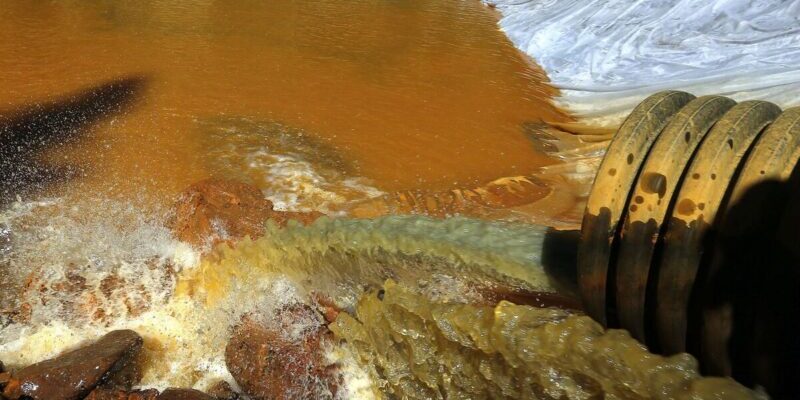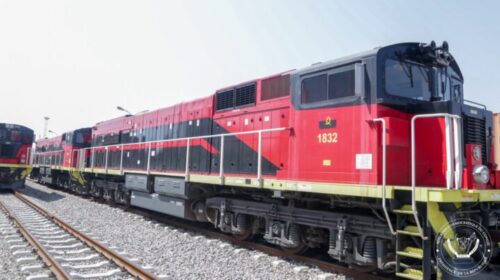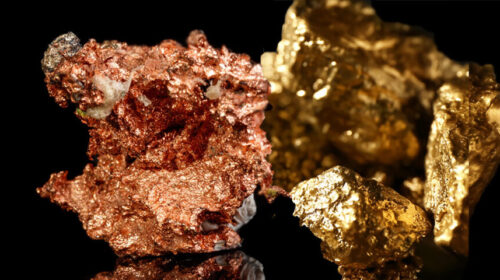DRC Mines Seek Water Stewardship Collaboration
While the Democratic Republic of Congo (DRC) is abundant in water, the mining industry faces significant water-related challenges, particularly concerning the impact of dewatering on groundwater levels, according to SRK experts.
The rapid growth of the mining sector in the DRC, driven by the increasing demand for battery minerals, has intensified the issue.
With multiple mines opening in close proximity to one another and extending deeper into the ground to access orebodies, larger volumes of water are being pumped to the surface.
This process affects both the aquifers from which water is extracted and the surrounding surface environment.
The consequences of dewatering can be severe, as it may lower the water table below existing borehole depths of other users, necessitating deeper drilling or alternative water sources.
Such situations can lead to adverse effects on community health, livelihoods, and employment opportunities.
Moreover, the discharge of large volumes of groundwater from mines into river systems can elevate water levels and pose risks to subsistence agriculture conducted near water sources.
Additionally, the accumulation of fine materials from mines may negatively impact the quality of arable land.
While mines are legally obligated to monitor and maintain water quality and contribute to local water supply requirements, a more comprehensive catchment-level view of shared water resources is lacking.
To address this issue effectively, adopting a water stewardship approach is essential. This involves collaboration among mines, communities, and industry representatives in a formal water forum to responsibly manage water resources for all users, while mitigating water-related risks for individual mines.
However, the current lack of detailed and accurate data on water usage presents a challenge. By sharing information on water-related aspects, such as dewatering volumes, water table impacts, modeling, and water use, mines can improve their groundwater models and gain a more realistic understanding of water resources and risks.
Furthermore, a collaborative approach helps mines comprehend the cumulative impact of mining, aligning with growing environmental, social, and governance (ESG) concerns.
Embracing water stewardship encourages mines to accurately monitor water for contamination and identify the source quickly, aiding transparency in their sustainability reporting.
To overcome challenges related to mine closures and potential rising water tables, a catchment-based water forum allows stakeholders to plan and adapt for such situations.
Monitoring networks can be established to identify contamination sources promptly and facilitate timely resolutions.
By acknowledging their role as stewards of water resources, all stakeholders can work together to resolve water-related challenges in the DRC’s mining sector.
SRK, with its expertise in water management, can assist clients on their water stewardship journey and offer certification through the Association for Water Stewardship (AWS) to recognize achievements in this area.
SOURCE:https://www.miningreview.com
![]()





